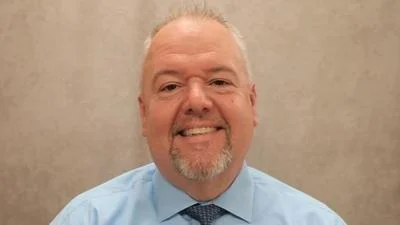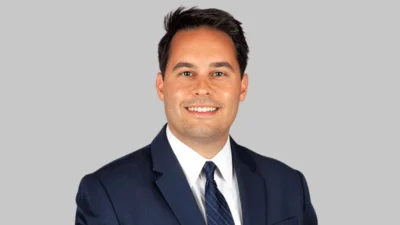A bill to provide more funding to increase students' opportunities at the Illinois Mathematics and Science Academy (IMSA) brought up very different feelings from four GOP senators at a recent Senate Education Committee hearing.
Sen. Linda Holmes (D-Aurora) presented SB2939 at the March 13 hearing. The bill would allow students from outside the state who have completed the academic equivalent of eighth-grade to become eligible to receive tuition and room and board at IMSA, which is funded by state appropriations, private contributions and endowments that currently pay minimal fees for residential students.
The two-and-half-year budget impasse was a financial burden to IMSA, according to Holmes, who said she was worried the school in her district would shut down, which is why SB2939 is so significant for the $100 million funding needed to house up to 800 students.

IMSA is clearly a jewel in the state’s crown, Sen. Karen McConnaughay (R-St. Charles), said, expressing her pleasure with the proposal before her.
“We haven’t always been able to meet the needs of the institution, so I think this is a really smart way to bring the performance of IMSA to what it can and should be,” McConnaughay said.
She added that it was a joy and wonder to spend time in some of the sites labs.
“Some of the things these kids are doing is amazing,” she said.
Sen. Sue Rezin (R-Morris) reminded IMSA President Jose Torres of the work they did together two years ago on disbursing private funds and donations to an alumni foundation set up for the academy.
“How are you using that foundation – to maybe rebuild your buildings or for capital improvement?” Rezin asked.
Torres said little money is being used.
“Many people do not like to give money to replace boilers or tennis courts,” Torres said.
He added that donors would rather see their investments elsewhere, to which Rezin noted is often having “their names on a building.”
While Rezin said she is supportive of SB2939, she is still conflicted regarding the out-of-state tuition assistance, which according to Torres averages $50,000 annually per student.
“We had the same problem with the University of Illinois and it is a very controversial topic as you know, especially when the state is funding the institution,” Rezin said. “I am not quite sure where I am on this topic, but I think some of our members will ask. Before we take that step, can you with the foundation use more of those funds to update the structures.”
The concern over funding became more concrete with Sen. Jason Barickman (R-Bloomington) noting it seems IMSA is “chasing the money.”
“I think that as this legislation continues I would like to see some safeguards to be placed in the bill to assure us that is not going to happen,” Barickman said, adding he is very troubled by the fact that Illinois students who qualify academically do not have a bed at the academy. “I think we need to address that situation and I think maybe this gives us the chance.”
After bringing up the need for scholarships to become more readily available for financially disadvantaged students, Barickman discussed students who become residents after attending the academy after one year and then “circumvent the whole” goal of raising money.
“I would also be concerned that we are going to chase some students who say in year one I will give you $50,000, but in year two they are going to try and become a resident," he said.
While his peers were concerned with financial figures, Sen. Chuck Weaver (R-Peoria) wanted to know more about the percentage of IMSA students who stay in the state after graduating from the academy.
“What kind of efforts are you doing to connect students to state universities and is there something that can be done to improve that effort so we are keeping these kids in state?” Weaver asked.
“I certainly think we can do more,” Torres said. “We have been working pretty aggressively with influencing universities to have a presence."
Torres pointed out that every year 25 percent of the students leave IMSA and attend the University of Illinois while others attend the University of Chicago. He said he currently has a strong relationship with the president of Northwestern.
After hearing of the positive efforts in keeping students in the state, Weaver responded negatively to the notion of the $100 million needed for more residential housing.
"That scares me," Weaver said of the estimate, which could change in time.
SB2939 was approved by the panel and moved to the Senate floor.






 Alerts Sign-up
Alerts Sign-up